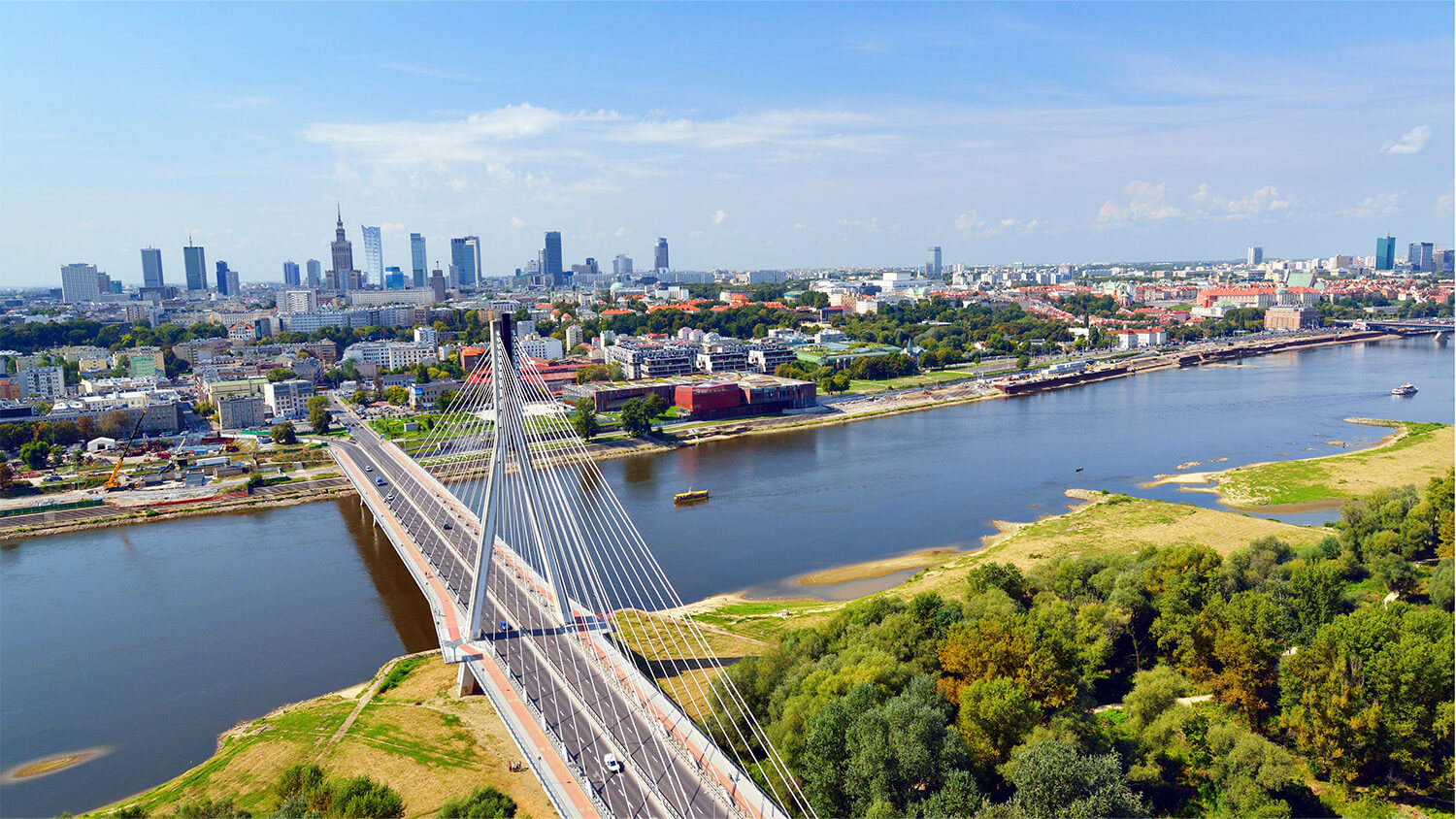My good old friend from uni, who has spent last 10 years in Asia, is now returning to Poland this summer with his family. He recently made a joke, mentioning that he was considering it as a transfer to a hardship post. It was quite funny at first, but it made me think… Can Poland be considered a hardship post? My three years back in my homeland after 18 years abroad, many conversations with my Chinese husband and many international colleagues at work have led me to the conclusion that, depending on various factors and individual perspectives, Poland can indeed be considered a hardship post for some people.
The designation of a location as a hardship post typically depends on several criteria, including political stability, security concerns, quality of life, healthcare services, infrastructure, and access to amenities. Poland is generally considered a safe and stable country with a democratic system. It has a well-developed infrastructure, good healthcare services, and a relatively high standard of living compared to many other countries. Major cities like Warsaw, Krakow, and Wroclaw offer a wide range of amenities and a high quality of life.
However, the concept of a hardship post is subjective, and it can vary depending on personal preferences, cultural differences, and individual circumstances.
Below are the factors that might contribute to Poland being considered a hardship post for some individuals:
- Language Barrier: Polish is the official language in Poland, and while many younger people and those in urban areas speak English, the language barrier can still be a significant obstacle. Communicating effectively in everyday situations such as shopping, dealing with administrative tasks, or interacting with locals who don’t speak English fluently can be challenging and frustrating. Some people may just start speaking slower to you in Polish if you don’t understand the first time.
- Cultural Differences: Poland has a unique cultural background influenced by its history and traditions (this is, of course, a topic for another post or the whole series!). Adjusting to the local customs, social norms, and ways of doing things can and most likely will take time. Cultural differences in communication styles, work ethics, and social interactions may also pose challenges for expats.
- Bureaucracy and Administrative Processes: Dealing with administrative tasks and bureaucracy in Poland can be quite complex and time-consuming. Obtaining necessary permits, navigating the legal system, or understanding the regulations and procedures can be overwhelming for expats, especially if they don’t speak Polish. I have to admit, though, that even being a native Polish speaker, obtaining a resident permit for my Chinese husband in Warsaw proved to be a huge challenge for me.
- Social Integration: Many expats shared these observations with me that building a social network and integrating into the local community in Poland can be difficult. Polish people, although generally welcoming and friendly, may take time to warm up to new acquaintances. Expats might feel a sense of isolation or loneliness initially, and it can require effort and patience to establish meaningful relationships.
- Weather Conditions: The weather in Poland can be challenging for some expats, particularly those coming from warmer or milder climates. Winters in Poland can be quite harsh, with temperatures dropping below freezing and substantial snowfall in many regions. The cold weather and limited daylight hours (pitch dark after 3:00 pm!) during the winter months can be difficult to adjust to, especially if you are not accustomed to such conditions.
Individual preferences for weather can vary greatly. While some expats may find the climate in Poland challenging (I’ve heard a bit from some unimpressed Singaporeans and Italians), others (including my British colleagues) appreciate the distinct seasons and the unique experiences they bring. With proper preparation, appropriate clothing, and an open mindset, many expats successfully adapt to the weather in Poland and truly enjoy their time in the country. But that’s a topic for yet another post.
I am curious to hear how your experience in Poland has been so far?




0 komentarzy